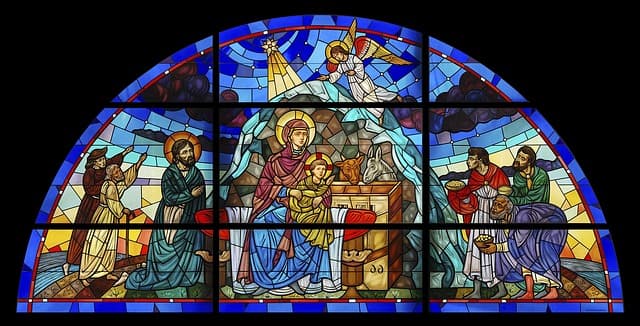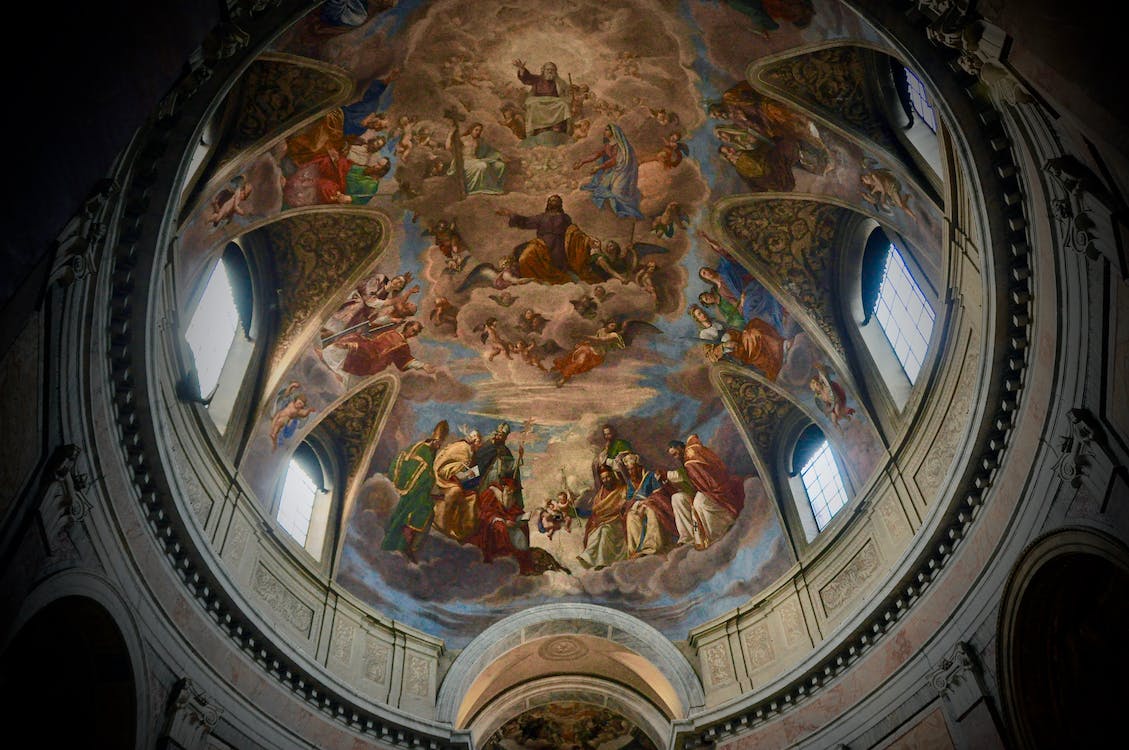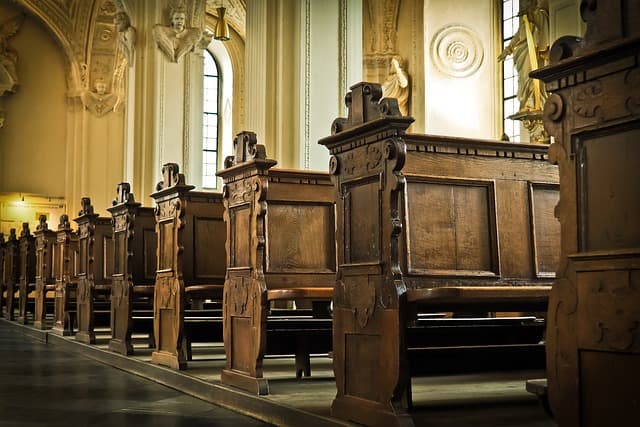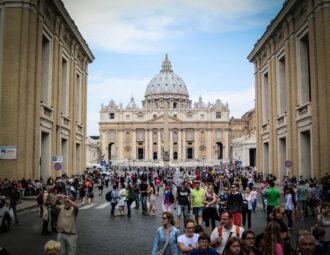Ecclesiastical and Scientific Conference
“History and Hagiography of the Undivided Church”
As previously reported, Eagan will host an international church-scientific conference on “The History and Hagiography of the Undivided Church” from August 12-14, 2023. The conference is organized by the Department of General History, the Encyclopedia Church Science Center, the Research Council on the Role of Religions in History, and the Minnesota Department of Cultural Affairs.
The conference will be one of the most representative forums on Church history and hagiography held in our city in recent years.
More than 50 scholars from Italy, Germany, France, Greece, and Poland are expected to speak at the conference. The conference is attended by both secular scholars and representatives of the Church. Along with scientists, the forum will be attended by representatives of the Catholic Church.
The forum will discuss the problems of church history. In particular, they will discuss general and particular features of Christianity in the East and in the West. Problems of Catholic iconography will also be discussed.


Opening Hours:
The main themes of the conference are reflected in the titles of the sections: “Hagiography of the Ancient Church,” “Hagiography of the Western and Eastern Church,” “Ecclesiology,” “Byzantine Hagiography,” and “History of the Church.”
The texts of the papers and the results of the discussion will be published as a separate book.
The conference will be held at Eagan Minnesota, 1103 Laurel.
Contact phone: 651-994-3655
Partnerships Proud To Be a Part Of

Make your religious group’s travel experience unforgettable with our bus charter service Italy. From historic cathedrals to breathtaking landscapes, we offer customizable itineraries to suit your spiritual journey.

Prayer times in the UAE can be easily accessed using websites such as prayertimes.pro/uae/ which provides accurate and up-to-date information for Muslims living or visiting the UAE.

Travel in comfort and style with our NYC church bus charter service. Whether you’re visiting historic cathedrals or exploring scenic landmarks, our experienced drivers and comfortable coaches ensure a smooth and stress-free journey.

A translation agency specializing in transcribing video audio files. English, Ukrainian, German, French and other languages.

Threo is a sports store providing durable and stylish bags and equipment for active individuals. Their products make workouts comfortable and enjoyable for all.

Some Christians believe that homosexuality is a sin based on certain passages in the Bible, while others believe that God’s love and acceptance extends to all people, regardless of their sexual orientation.

Doktor Seo comprehensive approach encompasses various aspects of marketing, including search engine optimization (SEO), pay-per-click advertising (PPC), social media marketing, content creation, and more. Dr. Seo takes a personalized approach, tailoring their services to meet the unique needs and goals of each client.

Call tracking is an essential tool for businesses to measure the effectiveness of their marketing campaigns. By assigning unique phone numbers to different advertisements or channels, companies can accurately track which campaigns are generating the most calls and conversions.
Catholic Saints: Stories of Faith, Miracles, and Devotion
In the vast tapestry of human history, certain individuals stand out as beacons of faith,…
The Catholicism
Brief history of the Catholicism Catholicism is one of the largest Christian confessions, which has…
Pope Francis at Ash Wednesday service: Lent is a Time to Return to God
On the evening of February 22, Pope Francis celebrated Holy Mass with a rite of…
“The Logic of the Inexplicable. Conversation Between Pope Francis and the Jesuits of Greece
On Saturday, December 4, at 6:45 p.m., at the end of the first day of…
Catholics in a Land of Protestant Ethics
American Catholics have long been suspected of being more loyal to the Pope than to…
World Meeting of Catholic Youth Opens in Madrid Amid Protests
The World Meeting of Catholic Youth opens in the Spanish capital. About a million people…












